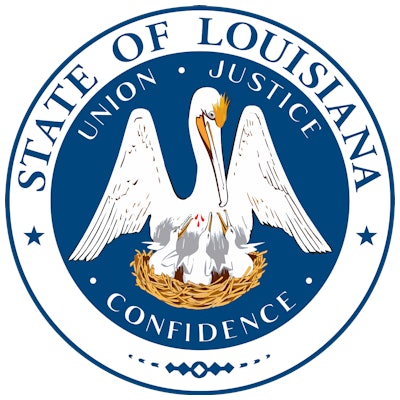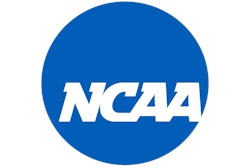
Lawmakers in Louisiana are poised to increase gambling taxes to raise money for state colleges to pay student-athletes in the wake of the House settlement.
According to WJTV, legislation pending before governor Jeff Landry would make Louisiana the first state to raise taxes to fund college sports since a judge approved a landmark settlement with the NCAA allowing schools to directly pay athletes for use of their name, image and likeness.
Anticipating the court’s approval of the House settlement, Arkansas this year became the first to waive state income taxes on NIL payments made to athletes by higher education institutions.
“These bills, and the inevitable ones that will follow, are intended to make states ‘college-athlete friendly,’” said David Carter, founder of the Sports Business Group consultancy and an adjunct professor at the University of Southern California. But “they will no doubt continue to stoke the debate about the `perceived’ preferential treatment afforded athletes.”
The House settlement will allow schools to distribute up to $20.5 million to student-athletes across sports programs.
Lousiana lawmakers initially proposed to double the state’s 15% tax on net proceeds from online sports betting. However, they ultimately agreed on a 21.5% tax rate in a compromise with the industry.
WJTV reported that 25% of the tax revenue from online sports wagering — an estimated $24.3 million — would be split equally among 11 public universities in conferences with Division I football programs. The money must be used “for the benefit of student athletes,” including scholarships, insurance, medical coverage, facility enhancements and litigation settlement fees.





































